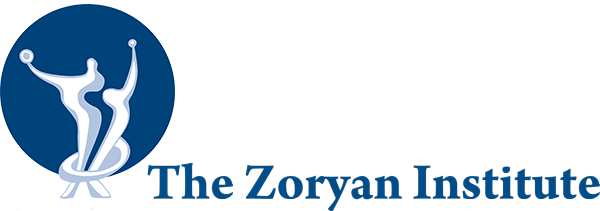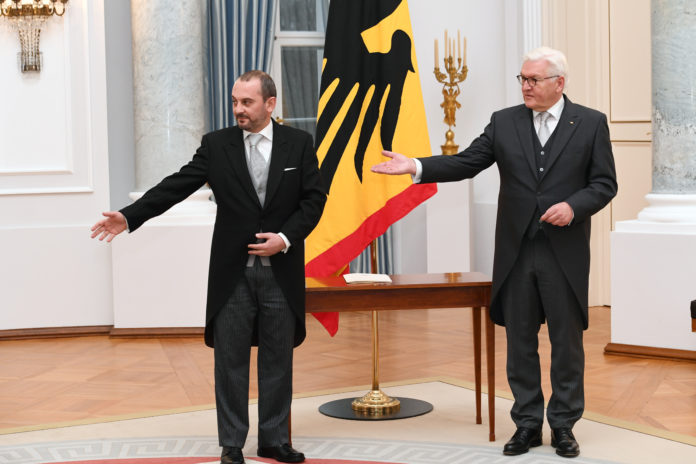The following interview was conducted with Viktor Yengibaryan, the new ambassador of Armenia to Germany, after his appointment was announced.
Ambassador Yengibaryan, welcome to Germany! Perhaps it would be more appropriate to say “welcome back,” since you are no stranger here. You have followed courses at the Open University in Hagen and Ruhr University in Bochum. Now you are here as a diplomat; what priorities have you defined for your work?
Germany is a country of utmost importance for Armenia. Bilaterally and on the European level Armenia and Germany cooperate in all spheres of political and socio-economic life. We share common values and our people have a great sense of mutual sympathy. This year we also celebrate the 30th anniversary of the establishment of diplomatic relations between our countries, which is an important milestone to evaluate the dynamism, achievements, developments and to address the unused potential; this is a moment to set a new and more ambitious agenda for the future. As the Ambassador of Armenia, my priority is to deepen the political dialogue, mutual support in international issues, to strengthen development cooperation, to intensify economic exchange and increase trade volumes, to promote decentralized cooperation, exchanges between scientists, artists and civil society.
During your recent visit to Saxony-Anhalt you met with Prof. Dr. Christian Tietje, the rector of the Martin-Luther University Halle-Wittenberg, which hosts the Mesrop Center for Armenian Studies, and discussed collaboration between Armenian and German universities. Are there plans for student exchanges or other concrete programs? How do you envision enhanced cooperation?
Even though dynamic relations have developed, and positive results have been achieved in a number of spheres, including in the field of education between our countries, I think the existing potential has not yet been fully tapped.
Indeed, the Mesrop Center at the Martin Luther University of Halle-Wittenberg plays a unique role in Armenology studies here in Germany, it is a unique institution of knowledge transfer and research. The center is funded by the university and together with Prof. Tietje we discussed the possibility of expanding our ties. On the other hand, the Martin Luther University has been a center of excellence since the beginning of the 16th century and I must affirm I was personally excited to pay a visit and make a tour through its museum.








